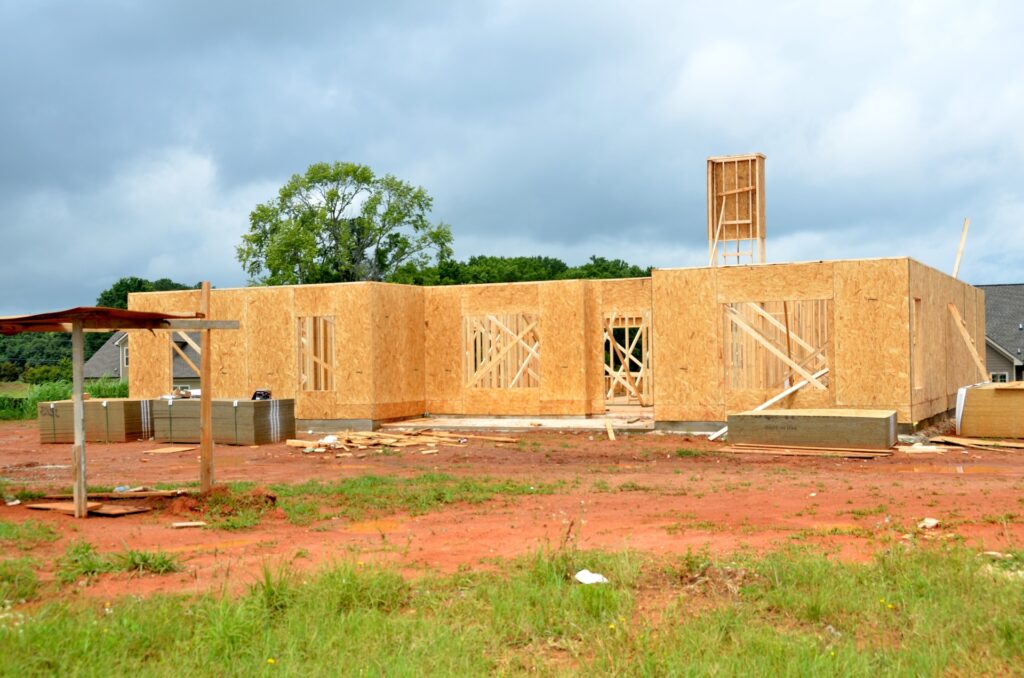When you move to an apartment, you might feel like there’s no way to make your new home feel like it’s truly yours. With so many rules in your lease about what you can and can’t do to the aesthetics of the home, it can seem like you’re left with almost no options to decorate your home. Luckily, there are a few renter-friendly improvements you can make that are affordable and allow you to be a good tenant. Here are cheap renter-friendly improvements you can make on a budget.
1. Clean
When you first move in, the home is already clean. However, as you start living there, eventually, dust and dirt will begin to accumulate. Of course, your landlord and previous tenant may not have done the best job of cleaning, so you still might want to clean the floors and walls before you move in heavy furniture. Whenever you choose to clean, a deep clean can make your home feel brighter and fresher to help you come up with the best design plans despite your limited space.
2. Paint
Giving your rental a fresh coat of paint can make a dramatic difference because it makes your rental unique. You can choose to paint one wall or all the walls in your home to brighten it up or give it more personality. Of course, always check your lease agreement before painting. There might be a clause stating that you cannot make any cosmetic changes, including painting, to the home without written consent from your landlord. With some rentals, your lease will state that you can paint as long as you paint your home back before moving out to ensure the next tenant has a blank canvas.
If you’re not allowed to paint at all, there are still ways to dress up your walls. For example, you can use peel-and-stick wallpaper to create a feature wall in your home. There are many design and color options for peel-and-stick wallpaper that can transform any room of your home, and it’s less messy and labor-intensive than painting.
3. Consider Furniture
If your home came furnished, you could save money on furniture by investing in a slipcover that can help keep the sofa clean while also allowing you to add a pop of color to your living room. Of course, many rentals don’t come furnished, so you can also add a slipcover to your old sofa if you don’t have enough money to buy a new one.
If you have the budget, you can go shopping as soon as you’ve decided on the design plan for your home. A new sofa can bring life and a little bit of your personality to a boring living room, and there are tons of options to choose from to help you make your rental feel like home.
4. Upgrade Your Bed
Did you know? Your mattress should be replaced every seven to ten years, depending on the type of mattress it is. If you haven’t replaced your mattress in a while, moving to a new home is the perfect time to get a larger bed to find a mattress that can help you sleep comfortably every night. After you’ve picked out your new mattress, look for sheets, throw blankets, and a duvet that can help add color to your bedroom.
Upgrading your old sheets can help you feel more comfortable, and depending on the types of sheets you get, you can make your bedroom feel like you’re staying at a luxury hotel.
5. Get Rugs
Not every rental will have beautiful hardwood flooring, so you can get a rug to put on top of ugly carpet or stained flooring to help brighten the place up while covering up any eyesores. You can put a rug around your bed and couch to complete the spaces and give yourself and your guests a comfy place to put their feet when standing up.
6. Curtains
Rentals typically come with cheap blinds that don’t keep the sun out and may even break. You can spruce up your apartment on a budget by hanging your own curtains to add a pop of color to your walls, especially if you can’t paint. If you live somewhere that gets hot in the summer, you can get blackout curtains to help keep the sun out so your rental can stay cool, helping you to save money on your electricity bills.
7. Replace the Shower Head
Rentals typically come with the cheapest, least effective showerheads. Replacing the showerhead is easy, and anyone can do it, allowing you to get the water pressure you need to relax after a long day or before work. The best part about upgrading your showerhead is that it’s completely reversible. When you move out, you can put the old shower head back on and take yours with you to your next home.
8. Grow a Garden

If you’re renting an apartment, you likely don’t have a yard where you can grow your own garden. However, you can start a balcony garden by researching what types of plants you can grow based on where the sun hits your home. Then, depending on what you have available, you can use a mix of hanging plants and potted plants to make your balcony feel more like an oasis. A garden can also give you a great view from the inside if your balcony faces a parking lot or street.
9. Add Shelving
Shelving is a great way to save space without having to put your belongings in storage. If you don’t want to hang shelves and potentially cause holes or damage to the walls, you can get standing shelves for your bedroom and living room, giving you a place for all your books and trinkets.
Final Thoughts
Even though you can’t do any major renovations on a rental, you can still find affordable ways to make it feel like a home. Before you start redesigning your apartment, consider the current layout. If you don’t have a layout of the apartment, you can ask your landlord for a printout to help you draw out places to put furniture and make the floorplan open and breezy while saving space.
Ashley Nielsen

Ashley Nielsen earned a B.S. degree in Business Administration Marketing at Point Loma Nazarene University. She is a contributing writer at 365businesstips.com where she shares knowledge about general business, marketing, lifestyle, or financial tips. During her free time she enjoys being outside, staying active, reading a book, or diving deep into her favorite music.














